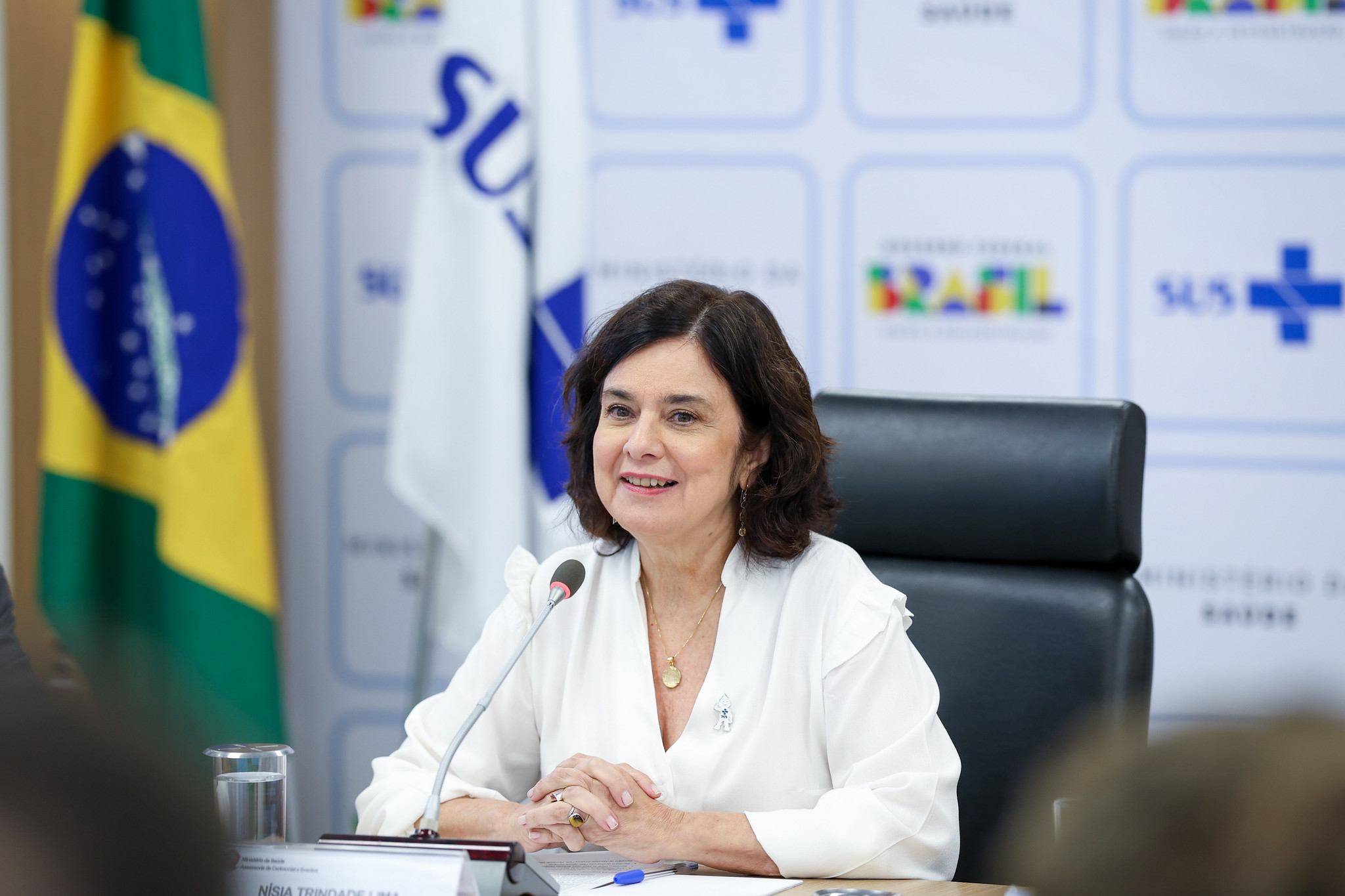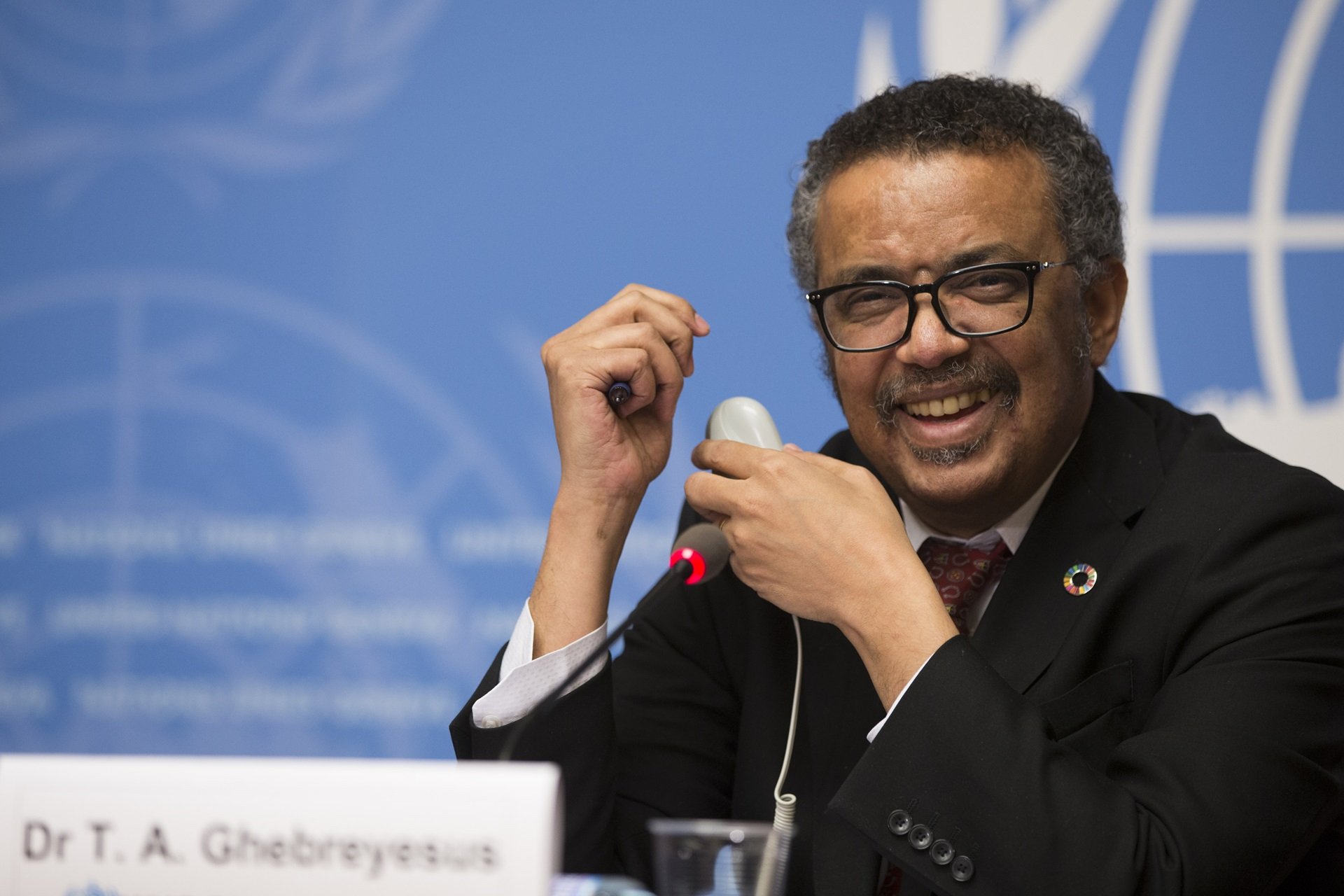
"Health is essential for building a fairer world," defended Brasil's Health Minister, Nísia Trindade, on Brasil's proposals for the Health Working Group, which is part of the G20 Sherpas Track. Trindade stressed that the fight against inequalities, hunger and poverty is aligned with "improving health conditions and fairer global governance".
With the theme of Resilient Health Systems, Brasil's proposal to the G20 aims to defend universal health systems to face the major challenges of global health governance, such as those caused by the climate crisis. To this end, it is based on the premise of the Unified Health System (SUS), that all people have the right to medical and hospital care and health care. "Our intention is to establish essential points so that there is a turning point on issues such as development, sustainability, the climate issue and many others," she emphasized.
“The Covid-19 pandemic has made us think that no issue in the system can be considered in isolation. This strengthening is essential to meet the challenges of the world and the G20 agenda.”
The SUS is a world reference in public health services because it guarantees assistance to the entire Brazilian population, around 203 million people, according to information from the Brazilian Institute of Geography and Statistics - IBGE. "The Covid-19 pandemic has made us think that no issue in the system can be considered in isolation. This strengthening is essential to meet the challenges of the world and the G20 agenda," said Trindade.

Health at the G20
The logic of resilient health systems is anchored in the defense of public policies financed by the states, which guarantee universal access to health, through the provision of effective and quality services, medicines and vaccines for the entire population. Also a priority for the Brazilian presidency of the bloc is the defense of basic health care and the valorization of professionals in order to stimulate global "systems transformation".
The strategic points of the proposal were defined on the basis of achieving the Sustainable Development Goals - SDGs , with a focus on Goal 3 - Health and Well-being ; strengthening health systems for greater inclusion; and ensuring that people are at the center of actions. These axes guide Brasil's priorities in the G20: health equity; pandemic preparedness and response, for local and regional production of medicines, vaccines and strategic products; promotion of digital health, for the expansion of telehealth, integration and analysis of data from National Health Systems; and the relationship between climate change and health.
"Poorer countries are disproportionately affected by health crises. Most of these priorities were being built by previous presidencies. Although we see this continuity, we will place a different emphasis on the specific needs of developing countries and on global health governance bodies," said Nísia Trindade.
Integration for health
Nísia Trindade detailed the plans to develop joint initiatives with other working groups such as the Alliance for Regional Production and Innovation, with the aim of connecting partnerships for the production of inputs, medicines and vaccines for the elimination of diseases such as dengue, malaria, tuberculosis, Chagas disease, leprosy, HIV and others. "We want to promote research and development of advanced arrangements to make these medicines economically viable and accessible to the population. The G20 can play a very important role in innovative health solutions," he said.
The Brazilian minister also revealed the coordination between the Ministries of Health and Finance to guarantee resources for tackling inequalities, such as Debt for Help, which has been discussed since the Italian presidency in 2021 and will be strengthened by the ministries during the Brazilian presidency of the bloc. "The idea is to discuss a mechanism that allows creditor governments to exchange debts for health results. We understand that there are strong social and economic results, with job creation and income growth, thinking of health as an economic factor," concluded the Brazilian Minister of Health.
Advanced seminars in health
Nísia Trindade presented the priorities of the Brazilian presidency of the G20 in one of the editions of the Advanced Seminars on Global Health and Health Diplomacy, held by Fundação Oswaldo Cruz - Fiocruz . The webinar also included the participation of Tedros Adhanom, director of the World Health Organization - WHO; Luciana Servo, president of the Institute for Applied Economic Research - Ipea and coordinator of the Think Tank (T20); and Helena Nader, president of the Brazilian Academy of Sciences - ABC , who is coordinating Science 20 (S20), two of the civil society engagement groups for the summit.
